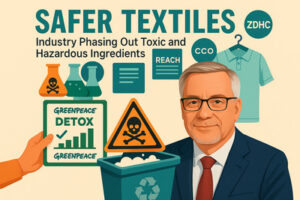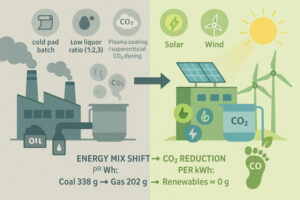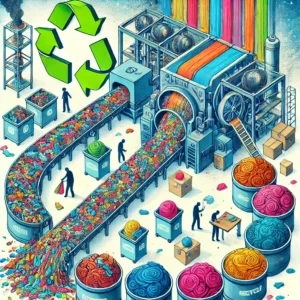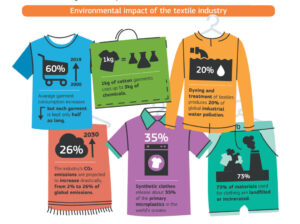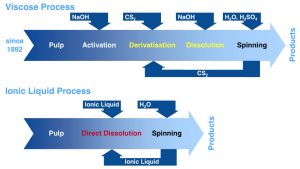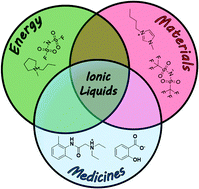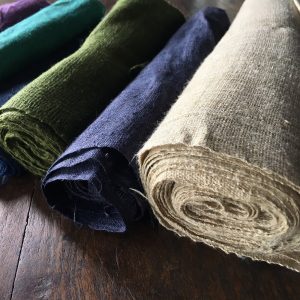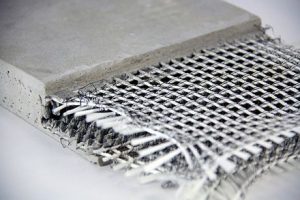Stepchange Innovations blog covering innovations and issues of the textile industry
In recent years, the textile industry has come under growing pressure to address the environmental and health impacts of its chemical use. Legal regulations and demands from major international retailers have prompted significant changes in textile manufacturing processes. This article examines the efforts to reformulate and replace products in order to reduce toxicity and hazardous substances, with a focus on the influence of campaigns such as Greenpeace’s Detox initiative, the formation of industry groups like ZDHC, and the role of regulatory frameworks such as REACh. By exploring the strategies and challenges of this transition, the article highlights the progress made and the ongoing efforts to create a more sustainable and safer textile industry.
The textile industry is a major contributor to global CO₂ emissions due to its intensive energy use, particularly in dyeing and finishing processes. This article explores practical strategies and innovative technologies that can dramatically improve energy efficiency and lower the carbon footprint in textile production. From switching to renewable energy sources and optimizing dyeing methods, to adopting modern machinery and promoting recycling, the industry has numerous opportunities to enhance sustainability. Learn how leading-edge solutions are paving the way for a cleaner, greener future in textiles.
The textile industry is facing significant technical challenges as it transitions from a resource-intensive and polluting sector to a circular, sustainable model. Overcoming these hurdles requires advanced recycling technologies, substantial investments, and a shift in consumer habits. With the EU driving stricter sustainability regulations, the industry's ability to innovate and address these complex technical obstacles will be crucial for creating meaningful and lasting change.
The textile industry's environmental impact has worsened due to the rise of synthetic polyester fibers and fast fashion. These fibers are poorly biodegradable, contributing to long-term pollution. In the EU, 12 kg of textile waste per person is generated annually, with most being incinerated or landfilled. To combat this, the EU Commission proposes making producers responsible for the entire lifecycle of textiles and promoting a circular economy. However, large-scale recycling remains in its infancy, facing significant investment and technological challenges.
The main environmental challenges in wool dyeing & finishing are the use of hexavalent chromium in the dyeing process, AOX in anti-felting/ shrink resist finishing and mothproof agents. The alternatives discussed in this article include the use of new generation reactive dyes, plasma treatment and new generations of more environmentally friendly mothproof agents.
Part 2 of this article reviews ionic liquids, a comparably new substance class, for applications in the textile industry. In particular, fibre manufacturing and coloration.
The article reviews and discusses ionic liquids, a comparably new substance class, for the potential applications in the textile industry. This relates to fibre manufacturing and coloration.
Hemp is discussed as a more sustainable alternative to cotton. There are many environmental advantages of hemp compared to cotton. However, the advantages are partly offset by various technical challenges.
A US patent for on demand textiles manufacturing has been granted to the e-commerce giant Amazon. Can it redefine fast-fashion?
Carbon Concrete researchers of Technische Universität Dresden in Germany win the German Future Prize 2016. The new material could possibly replace steel enforced concrete in the construction industry, due to better performance.

